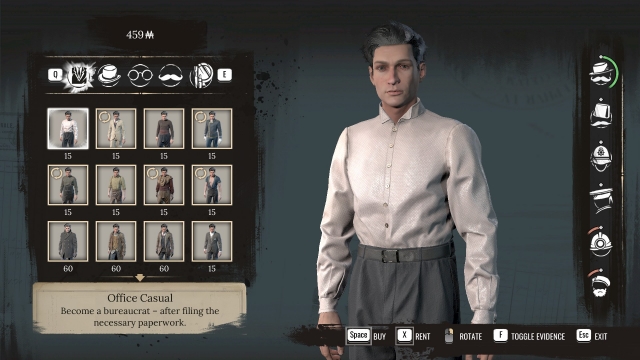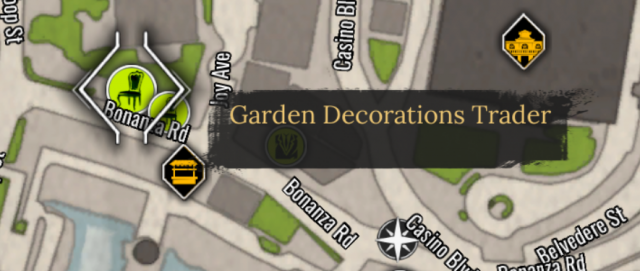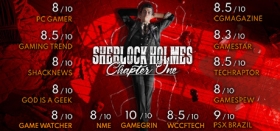
What Sherlock Holmes Chapter One Taught Me About Budgetting
I recently had the pleasure of accompanying my wife through her journey to review Sherlock Holmes Chapter One and, in the end, I ended up being a big Sherlock Holmes fan! But then, on the 15th of November, to my dismay IGN posted their review of it and gave it a measly 6/10.
Their main reason for this seemed to have been that the combat was repetitive and that the "open world was empty". This was upsetting to me because Sherlock Holmes Chapter One is a puzzle-based story game, of course. But, more importantly, because Frogwares taught me and my wife the importance of picking and choosing, as a smaller creator, where to put your budget.
How? Well, when we first entered the game, we were met with something we both found appalling—when you pass nearby groups of people, their chatter isn't chatter but instead a weird, somehow posh-sounding muffled noise. It sounds comical and out of place in the world and at first we absolutely hated it. But the more we got into the game, the more we started seeing why these random background characters had been voiced this way: The budget was going into things that mattered.

You see, what Frogwares didn't put into a varied cast of random people chatting in the background, they put into the amazing storytelling of the game. It's easy to overlook how much work (and probably budget) it takes to bring a game to life with dialogue and interactions of the characters that feel genuine; how much more time, energy, and—you guessed it budget—they have to put extra into the game with every multiple choice they give you; the sheer love and care (I won't even say it again) that every well-made, well-polished, and well-flowing cutscene each Sherlock Holmes Chapter One had to offer.
I think one of the biggest mistakes that game critics and gamers (including myself) alike make is to expect a game to give them the full life experience. Sometimes games cannot offer you the amount of depth and realism you'd like from an open world. Sometimes you are just a quiet spectator in a greater story than your own, a story that is there to teach you something that at times requires a little more detail here and there, and a little less open world and freedom.
I also think that perhaps we should learn to allow these smaller companies to climb their way up and actually give them a shot at becoming something big by allowing them not only the freedom to choose where to put the budget to tell the story they envisioned, but also the trust that perhaps if you can't walk around open-world like in Sherlock Holmes Chapter One, it’s because you just weren't supposed to.
It's easy to complain about the fact that when you walk around Cordona you “don't have a lot to do". Except, don't you? Because while walking around the city my wife found a few side quests that aren't given to you, you have to search them. And if not those, then what about the treasure hunt or the coin collecting— and that's not even counting the furniture and clothing stores!

Are these things as immersive and super in-depth as a casino, party, or whatever it is IGN expected the game to have? No. But there are open-world things to do; not in the conventional sense, but definitely in a way that makes sense with the character and story.
We must let go of the notion that every single aspect of a game has to be flashy and pretty and innovative. There will never be such a thing because not every game, not every main character, and not every idea allows for this to be possible. Like my wife said once, "They tried deepening the depths of the ocean but instead just widened the size of the kiddie pool". This is why games end up so often criticised for "empty mechanics"—because companies like IGN don't know the difficulty of budgeting.










COMMENTS